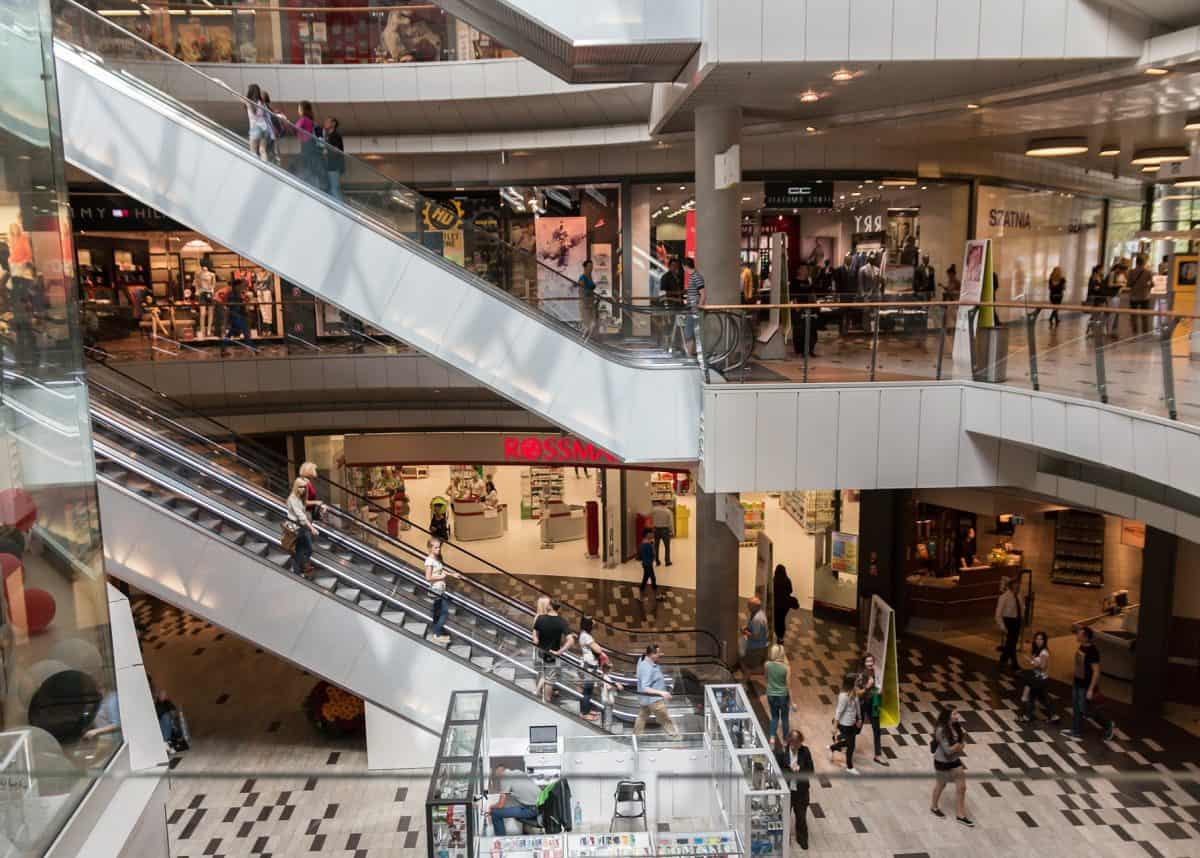The Australian Retailers Association (ARA) has warned that the protracted delay of around seven weeks in reopening Melbourne’s retail sector could turn out to be a death sentence for many city retailers.
While welcoming the roadmap out of restrictions delivered by Victorian Premier Daniel Andrews on Sunday, ARA CEO Paul Zahra said that, given retail’s exemplary and safe performance, the industry body was “very disappointed” by the target date of 26 October for a return to any regular retail activity.
Industry accepts the need for a staged return
He added that the retail sector expected and accepts the need for a staged and safe return to regular activities within Victoria.
But without further financial support, the delay would permanently wipe out a large number of small businesses and see the closure of many Victorian stores by national retailers.
“Melbourne retailers will have been subject to lockdown for 13 weeks at that point – and some hair and beauty salons have been closed for 5 months, which is unprecedented,” said Zahra.
Little evidence of retail-based transmissions
“An evidence-based approach should account for the fact that, when retailers comply with Covid safe plans, shopping is one of the safest activities in a Covid world,” he stated.
Zahra believed that in Australia there is very little evidence of transmissions occurring during retail-based activity and retailers had worked extremely hard and spared no expense to create that outcome.
“Whilst we appreciate the increased transparency around target numbers for infections, with the rhetoric shifting to ‘living with Covid’ globally, we believe it is unrealistic to target single-digit daily case rates before reopening,” he said.
Lockdown fatigue should also not be ignored
Zahra noted that supermarkets and other essential services have provided a good model for workable shopping safety protocols.
“The impact of this health crisis is no longer contained to just a virus. The lockdown fatigue is having a devastating impact on other health issues including mental health and of course protracting the economic crisis,” he observed.
“We would like to see national consistency and a return to more regular shopping experiences – but with a safety overlay which might include [a] reduced number of household representatives shopping.”












